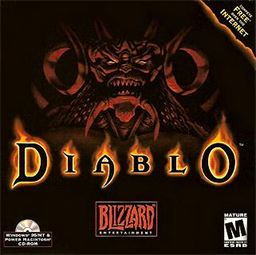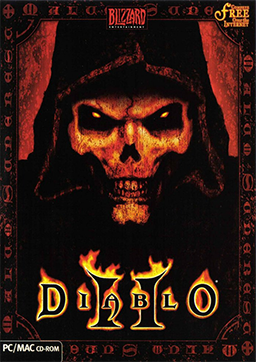 |
| Shadow of the Colossus |
"the presence of which ordinary judgment counts toward something's being a work of art, and the absence of which counts against its being art: (1) possessing positive aesthetic properties, such as being beautiful, graceful, or elegant (properties which ground a capacity to give sensuous pleasure); (2) being expressive of emotion; (3) being intellectually challenging (i.e. questioning received views and modes of thought); (4) being formally complex and coherent; (5) having a capacity to convey complex meanings; (6) exhibiting an individual point of view; (7) being an exercise of creative imagination (being original); (8) being an artifact or performance which is the product of a high degree of skill; (9) belonging to an established artistic form (music, painting, film, etc.); and (10) being the product of an intention to make a work of art."
As shown in the various points Tavinor makes about what makes "art" ultimately art, many video games share these common characteristics that are often seen on mainstream artforms. So why are videogames seen as simply a form of entertainment for people whose lost their innate sense of reality?
 Being a gamer has many connotations attached to the term. What could it be that creates this dichotomy between gamers and "normal" people per se? For instance, take music for an example, one could argue that music is a universally enjoyed pastime. What makes a gamer, well, a gamer? Spending countless hours playing a game is in my honest opinion, is far from being a "gamer". In that dynamic, that would be the same as saying someone who spends countless hours of listening to music is most definitely an audiophile. To many, the definition of being an "audiophile" stretches far beyond just simply listening to music. The problem with the gaming culture is that it is NOT universally enjoyed like music. It's probably easy to name your favorite band or artist, but not everyone will be so enthusiastic about naming your favorite video game.
Being a gamer has many connotations attached to the term. What could it be that creates this dichotomy between gamers and "normal" people per se? For instance, take music for an example, one could argue that music is a universally enjoyed pastime. What makes a gamer, well, a gamer? Spending countless hours playing a game is in my honest opinion, is far from being a "gamer". In that dynamic, that would be the same as saying someone who spends countless hours of listening to music is most definitely an audiophile. To many, the definition of being an "audiophile" stretches far beyond just simply listening to music. The problem with the gaming culture is that it is NOT universally enjoyed like music. It's probably easy to name your favorite band or artist, but not everyone will be so enthusiastic about naming your favorite video game.
 Being a gamer has many connotations attached to the term. What could it be that creates this dichotomy between gamers and "normal" people per se? For instance, take music for an example, one could argue that music is a universally enjoyed pastime. What makes a gamer, well, a gamer? Spending countless hours playing a game is in my honest opinion, is far from being a "gamer". In that dynamic, that would be the same as saying someone who spends countless hours of listening to music is most definitely an audiophile. To many, the definition of being an "audiophile" stretches far beyond just simply listening to music. The problem with the gaming culture is that it is NOT universally enjoyed like music. It's probably easy to name your favorite band or artist, but not everyone will be so enthusiastic about naming your favorite video game.
Being a gamer has many connotations attached to the term. What could it be that creates this dichotomy between gamers and "normal" people per se? For instance, take music for an example, one could argue that music is a universally enjoyed pastime. What makes a gamer, well, a gamer? Spending countless hours playing a game is in my honest opinion, is far from being a "gamer". In that dynamic, that would be the same as saying someone who spends countless hours of listening to music is most definitely an audiophile. To many, the definition of being an "audiophile" stretches far beyond just simply listening to music. The problem with the gaming culture is that it is NOT universally enjoyed like music. It's probably easy to name your favorite band or artist, but not everyone will be so enthusiastic about naming your favorite video game.
And through this rationalization, it unfairly generalizes every gamer into one big mess that obscures the complex discourse of being a gamer. Now going back to my first point about video games as an artform, so why are they relavent? To simply put it, the usual negative stigma that is often attached with being a gamer creates a challenge for those like Ueda to convince the general public that videogames can in fact be a form of art. If more people understood gamers as individuals who appreciate art, there might be some retribution for gamers like myself and many others. Conversely, if more people took the time to appreciate videogames as an art, like they appreciate music and other art forms, this social stigma that creates a destructive image for gamers could be finally benched. Excuse my use of cliches but, maybe only time would tell, and maybe it's worth waiting for some day.





